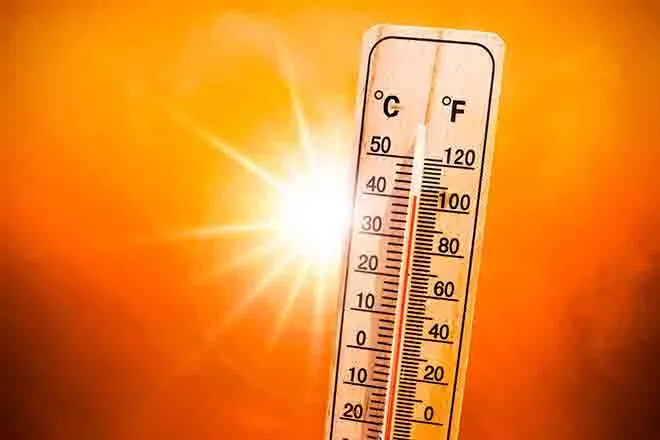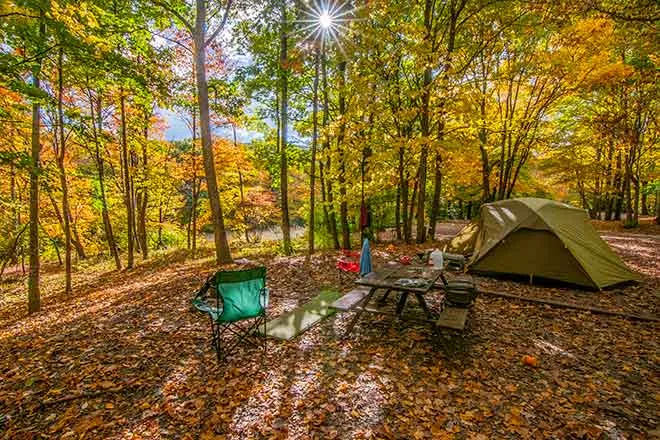
Here’s to Your Mental Wellness!
by Connie Brase, MA
As Agricultural people we are dependent on Mother Nature’s good graces. When that doesn’t come along, we have frustration that we can’t control the weather, constant concern about our crops and livestock, and financial worries. It’s a vicious cycle: no rain=no crops; no crop=no cash for family; no rain=no grass; no grass=no feed for livestock; no feed for livestock=no cash for family. It’s been shown that agricultural dollars bounce around a community seven times—that’s seven other businesses and
organizations that are also affected.
We ask ourselves day and night: “Will this drought ever end? How much longer can I keep my family going?” And that can put our minds and way of thinking into a vicious cycle. Unfortunately, when these thoughts start creeping up, many people turn to illegal drug usage and alcohol to combat the symptoms. That may be a short-term, feel –better solution, but it’s a long-term train wreck.
Alcohol and some of those drugs are termed “depressants”. When those are used, it’s actually depressing the depression! It has the effect of making a bad situation even worse.
So what to do? First, be aware of your usage of drugs and/ or increase of alcohol. Try to cut back, and if you can’t do it on your own, seek help. If a medical provider prescribes an anti-depressant, be sure to ask questions so that you understand how they work and what to expect. There are different types, so if one isn’t working, it’s important to discuss this with your provider.
Consider talk therapy. Talking to friends and/ or relatives is great—except when everyone is in the same situation and you find that you come out of the conversation feeling worse than when you started. And
sometimes, we don’t talk to anyone because we are trying to protect our family members. But not talking at all can make your feelings turn explosive. A professional counselor can’t fix the drought, but they’ve been trained to help you think differently. And they aren’t affected on a personal level, so you can release those angry, depressed feelings in a safe environment. Counselors don’t “tell you what to do”; they don’t have a direct line to Mother Nature either, but maybe it’s worth a try. And just like your
medical providers; if one doesn’t fit, ask for another.
Depression is a normal, anticipated reaction to loss. Losses can take many forms--a person close to you, the loss of your livelihood, a major career change, a divorce, a home change-- all can produce emotional stress that manifests itself into unusual thought processes and eventually presents as depression.
Whether one traumatic event or several hit us all at once, those thoughts and feelings of hopelessness and helplessness can be turned around. I encourage you to reach out to your medical doctor or local
counselor to discuss what you can do to get back on the wellness track.
Mental Wellness and Physical Wellness should be treated with equal Importance.
Mental Health providers have extensive education and training, just like primary care providers
Here’s to your Mental Wellness!
Call Southeast Health Group at 800.511.5446
For information or to schedule an appointment.
www.southeasthealthgroup.org
















